![What Is Article 131 Of Constitution? [Explainer]](https://www.livelaw.in/h-upload/2020/01/18/369250-article-131-and-sc.jpg)
What Is Article 131 Of Constitution? [Explainer]
Live LawArticle 131 of the Constitution, a rarely used provision, was in the news last week with two unusual suits filed by the Governments of Kerala and Chhattisgarh, challenging two central legislations. Original Jurisdiction of the Supreme Court.- Subject to the Provisions of this Constitution, the Supreme Court shall, to the exclusion of any other Court, have original Jurisdiction in any dispute- between the Government of India and one or more states; or between the Government of India and any State or States on one side and one or more other States on the other; or between two or more States, If and in so far as the dispute involves any question on which the existence or extent of a legal right depends: Apart from Article 131, through the Constitution Act of 1976 a definite provision,i.e., 131-A,to deal with the Exclusive Jurisdiction of the Supreme Court in regard to questions as to constitutional validity of Central Laws was inserted. The Court observed that the dispute between the State of Bihar and the Hindusthan Steel Limited, a company registered under the Companies Act of 1956 never attracts the Original Jurisdiction under Article 131. The court in that decision clarified the actual substance of Article 131, "the dispute between the Government of India and one or more states". If this was permitted under the Constitution, The Union and the States which have any dispute between them inter se would enact law enabling its claim or right against the other and that would lead to contradictory and irreconcilable laws.The Constitution makers in order to obviate any likelihood of contradiction and irreconcilable law being enacted has provided for independent adjudication of federal disputes, Article 131 of the Constitution confers original jurisdiction upon this Court in relation to the disputes."
History of this topic
Article 131 and Centre-State disputes
The Hindu!['No Legal Right Of State Affected' : Former State BJP Chief Seeks Impleadment In Kerala's Anti-CAA Suit [Read Application]](https://www.livelaw.in/h-upload/2020/01/17/369204-kummanam-rajasekharan.jpg)
'No Legal Right Of State Affected' : Former State BJP Chief Seeks Impleadment In Kerala's Anti-CAA Suit [Read Application]
Live Law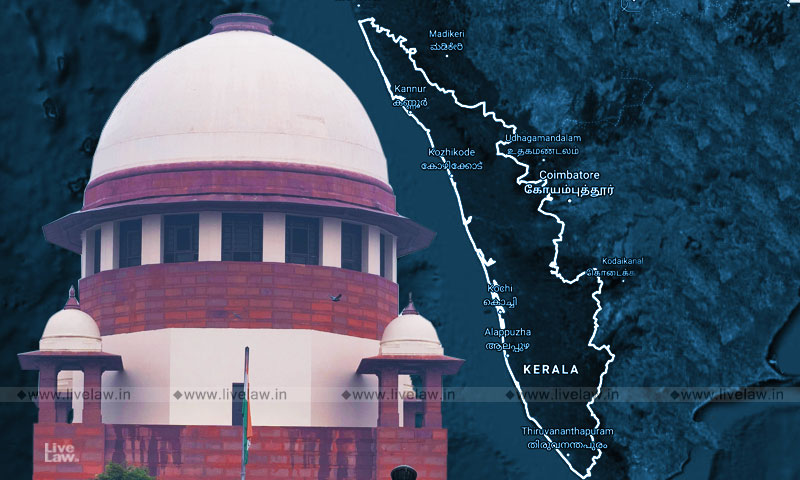
Kerala vs Centre : Other Instances Of States Filing Suit In SC Against Central Laws
Live Law![Breaking : State Of Kerala Files Suit In SC Against Union Govt Challenging Citizenship Amendment Act [Read Plaint]](https://www.livelaw.in/h-upload/2020/01/14/369094-sc-and-kerala-secretariat.jpg)
Breaking : State Of Kerala Files Suit In SC Against Union Govt Challenging Citizenship Amendment Act [Read Plaint]
Live Law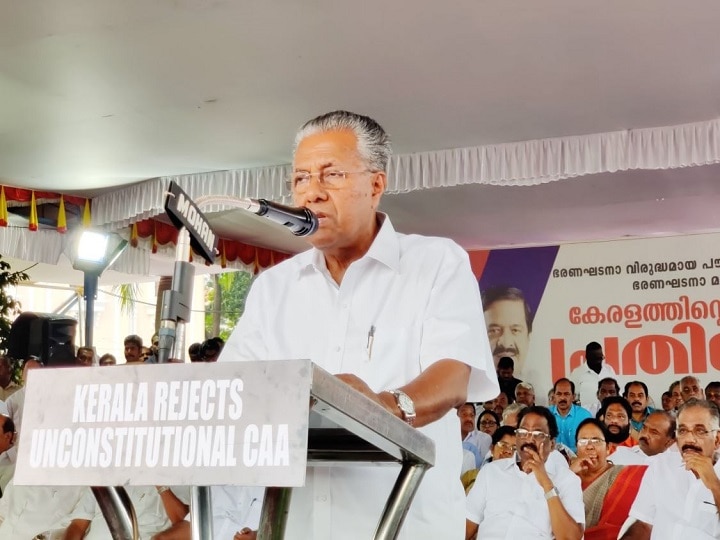
138:1 | Kerala Assembly Passes Resolution Demanding Withdrawal Of Citizenship Amendment Act
ABP News
Citizenship Amendment Act: Asaduddin Owaisi to drag Centre to court
Deccan ChronicleDiscover Related
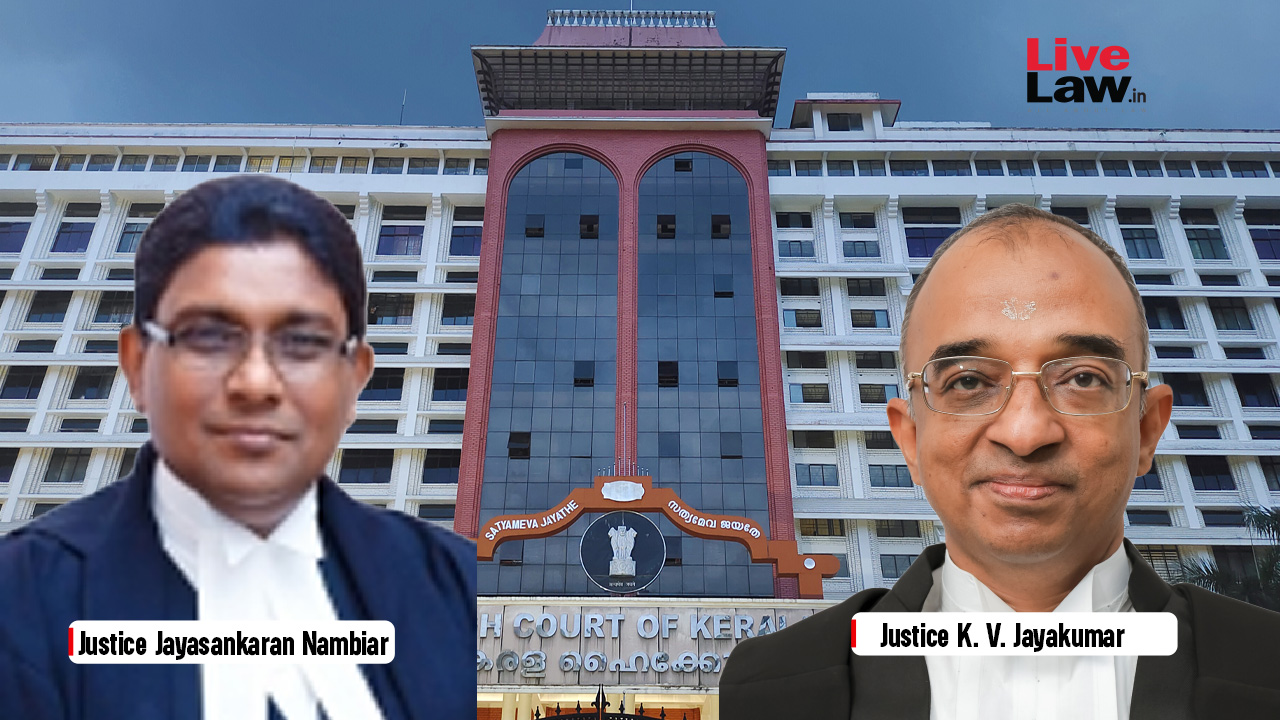


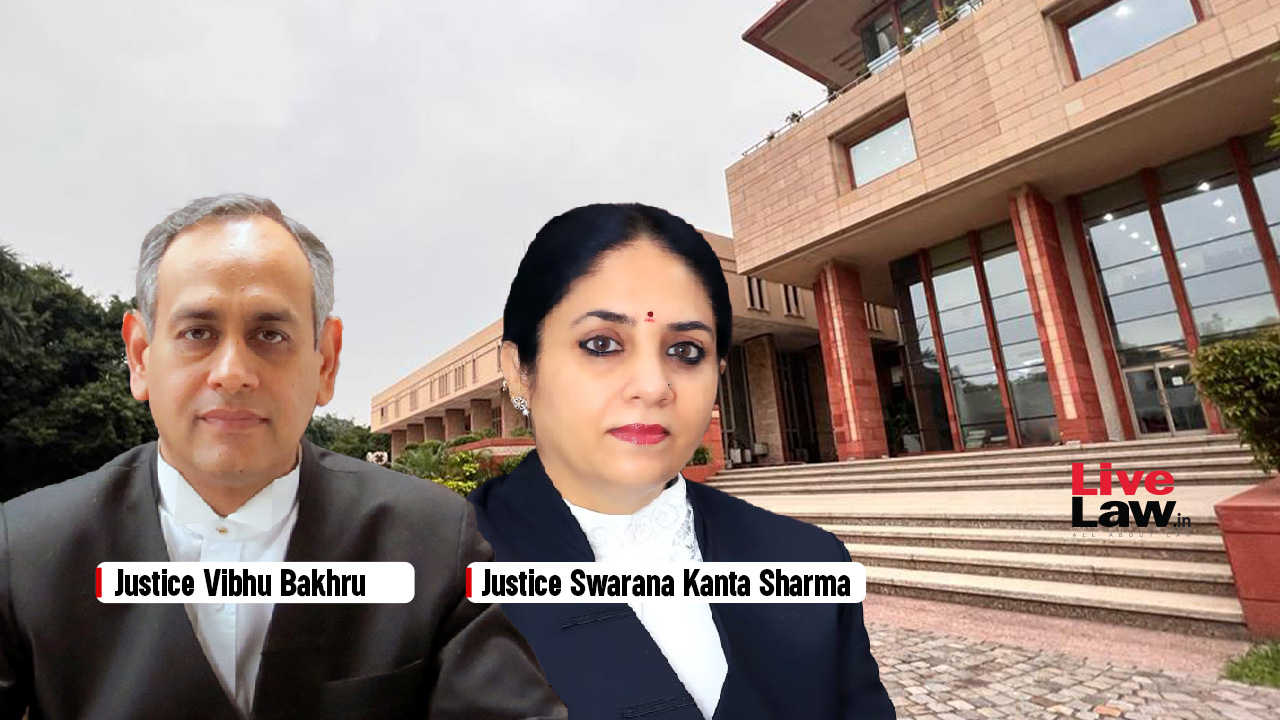


![[Income Tax] Assessing Authority Can't Reassess Prior Years Without Inquiry While Determining Relevant Year's Assessment: Kerala High Court](https://www.livelaw.in/h-upload/2024/05/30/542245-justice-jayasankaran-nambiar-justice-syam-kumar-kerala-hc.jpg)

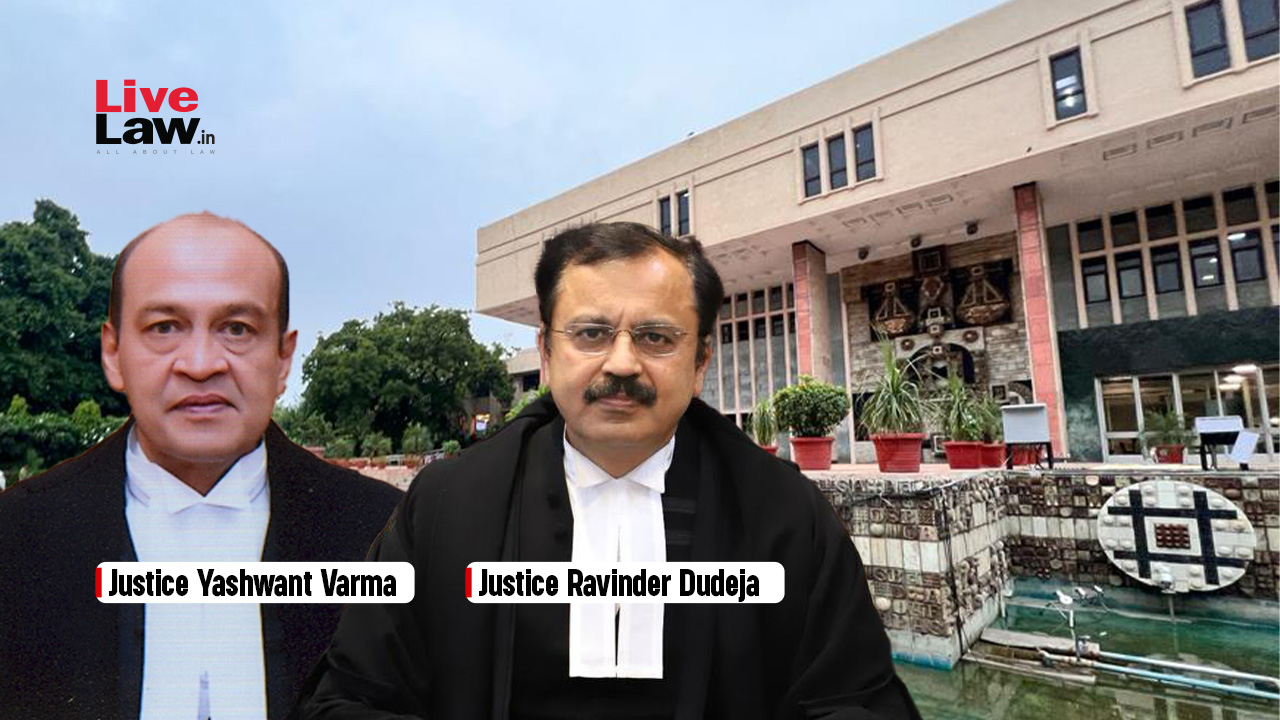
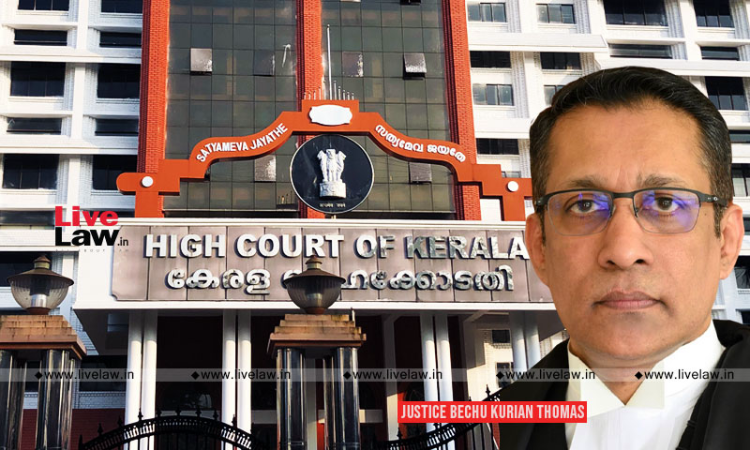



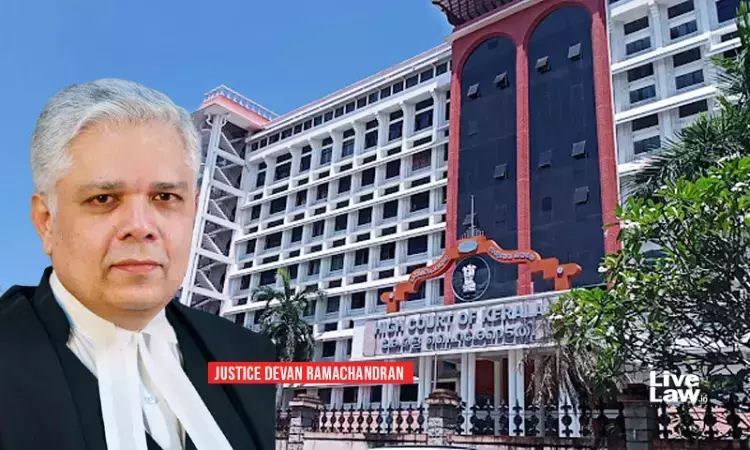
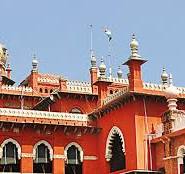
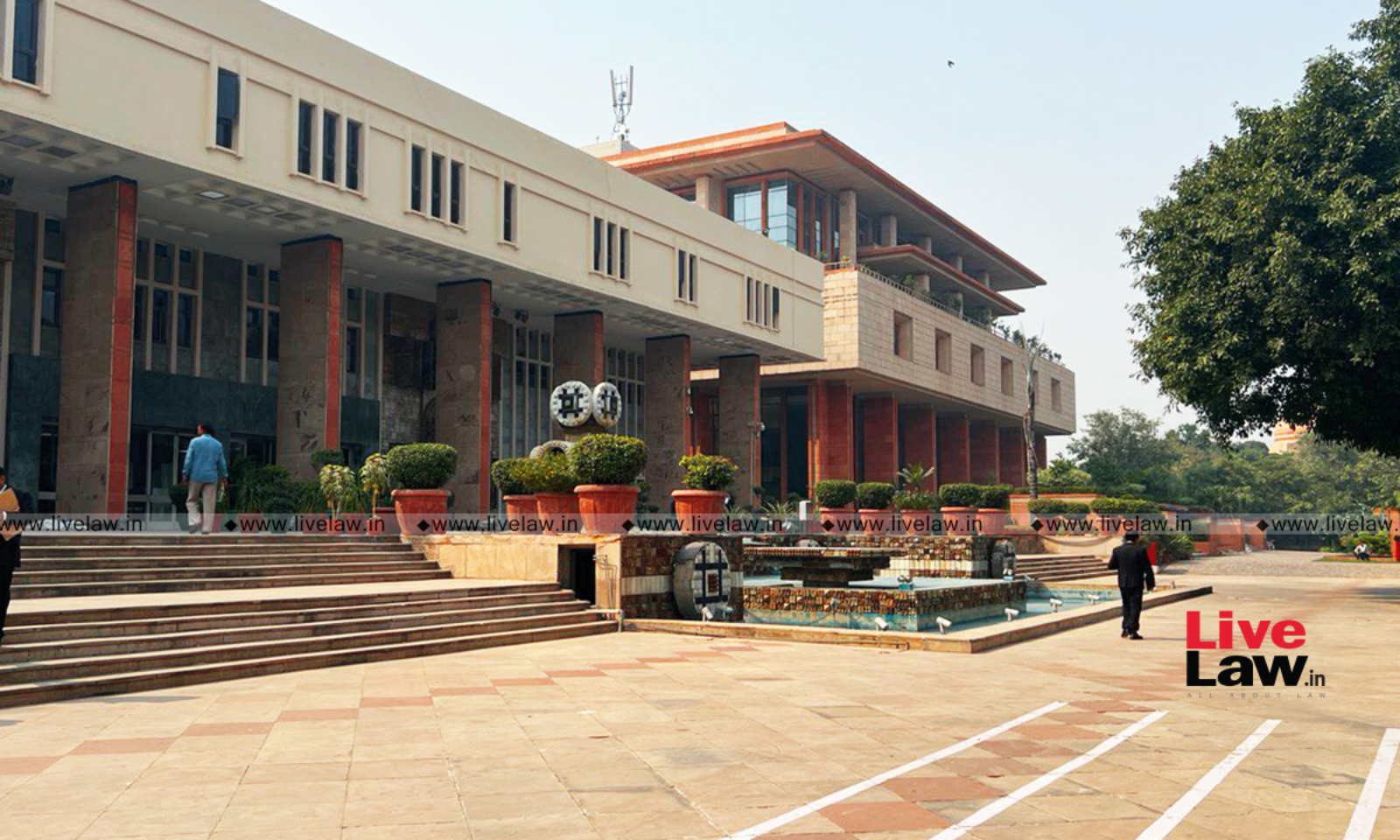
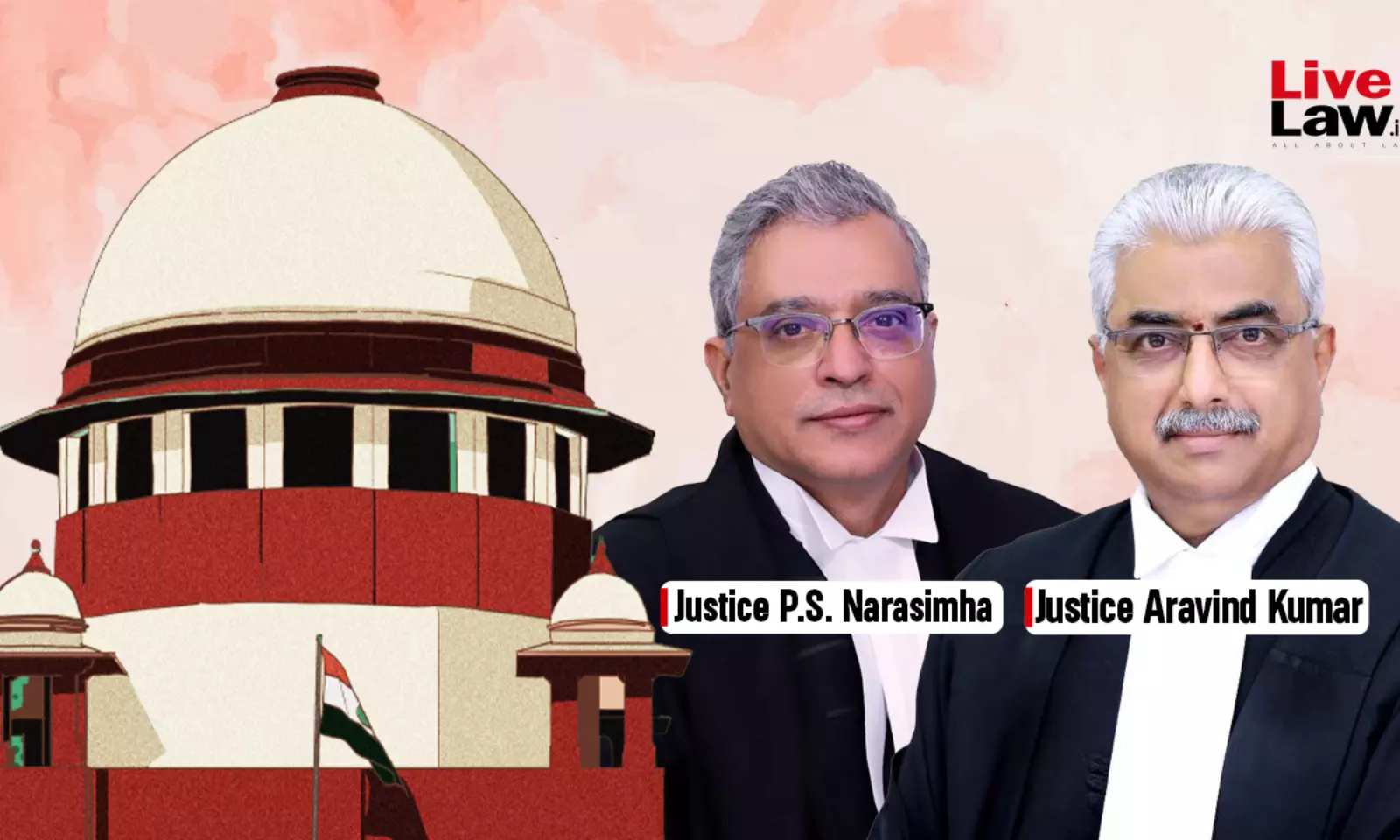
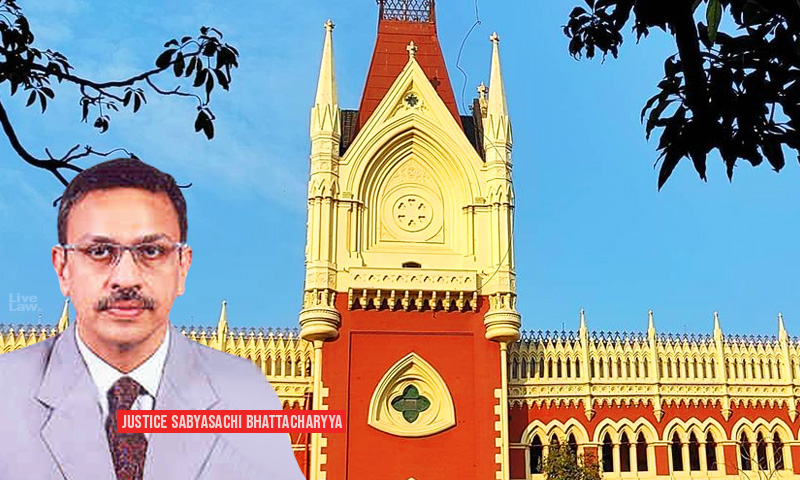
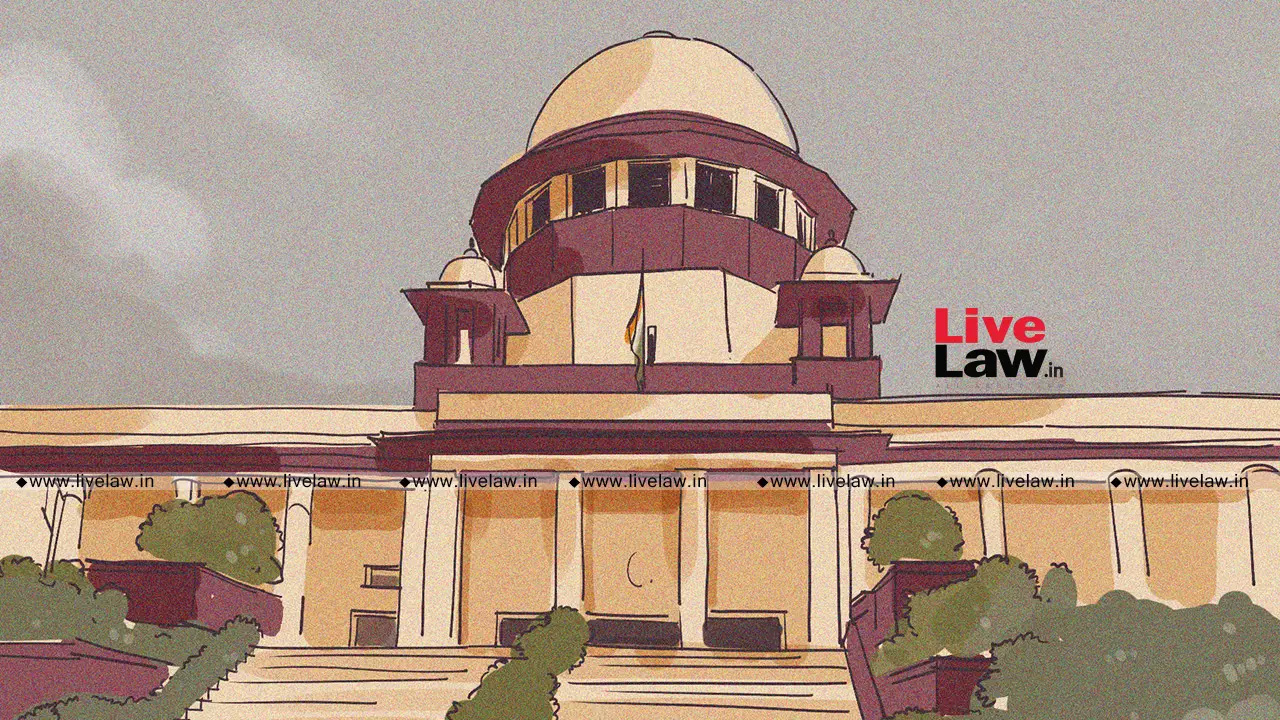

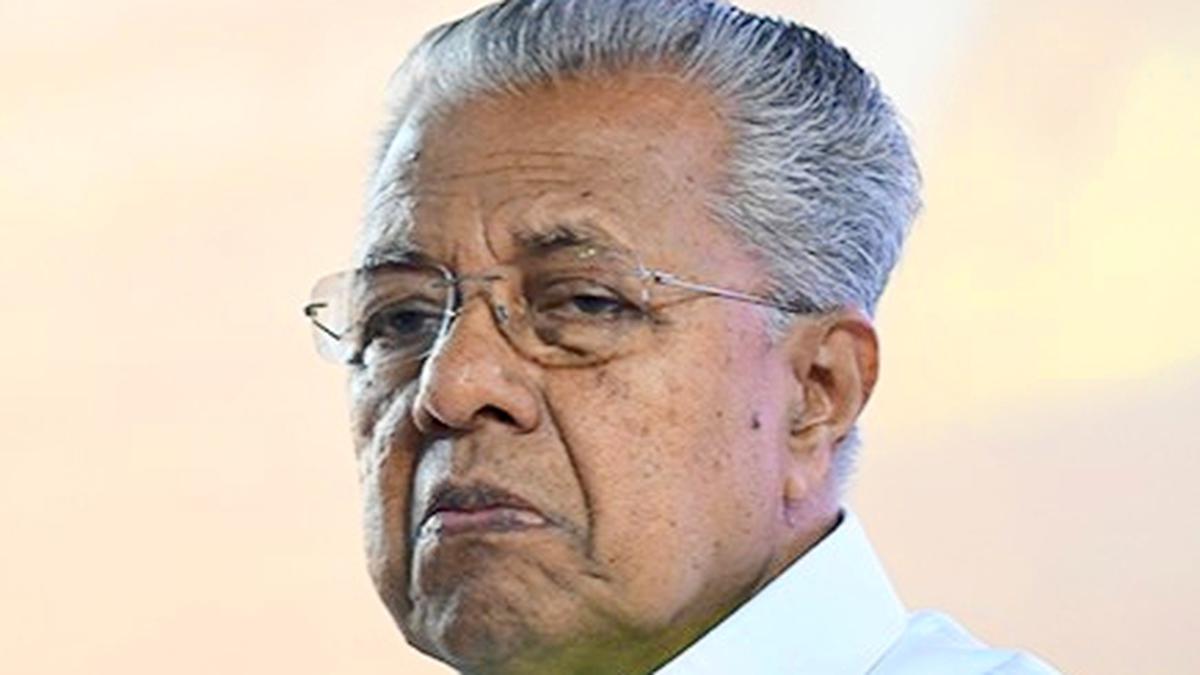

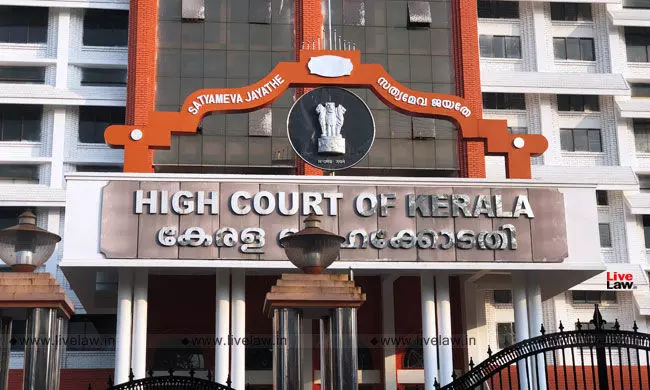


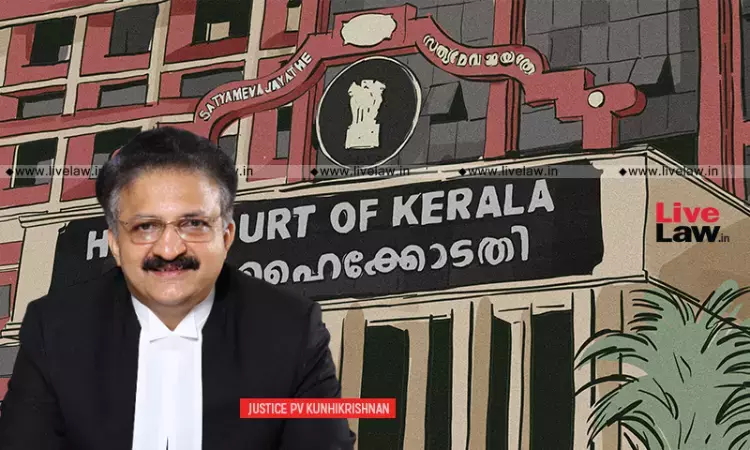
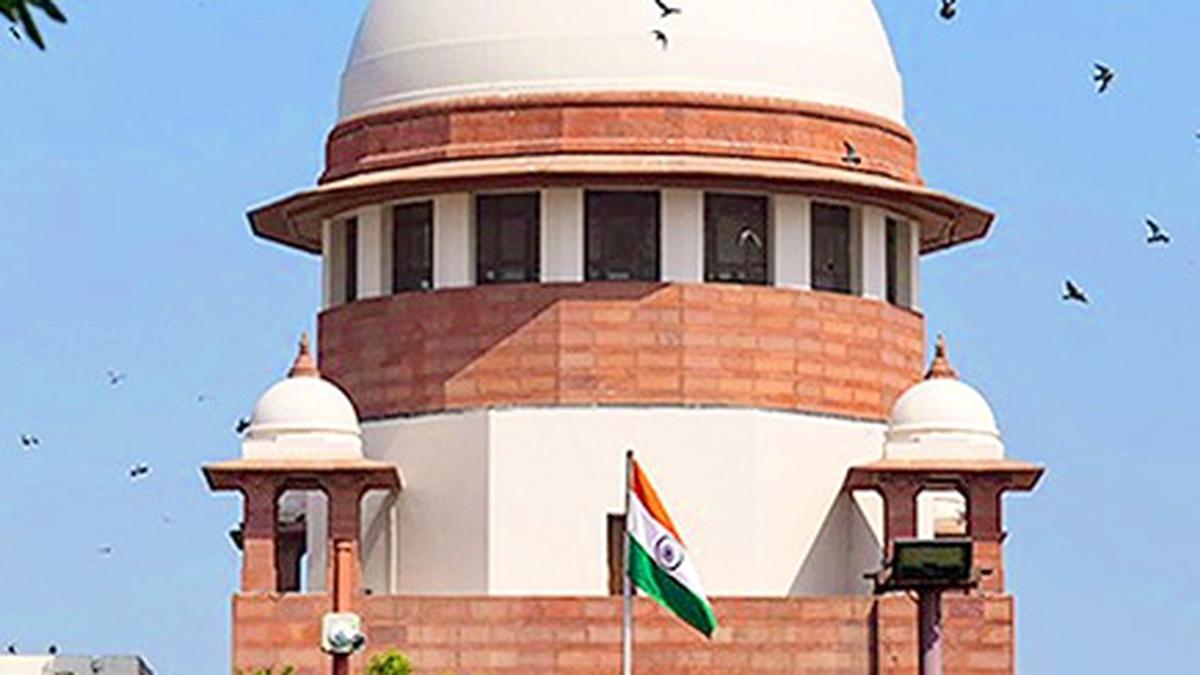

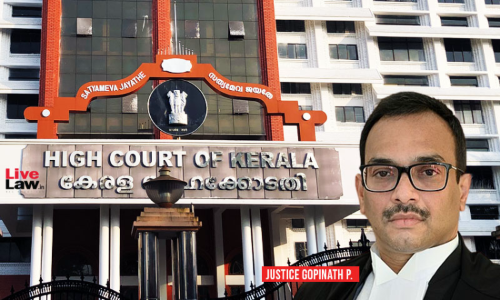


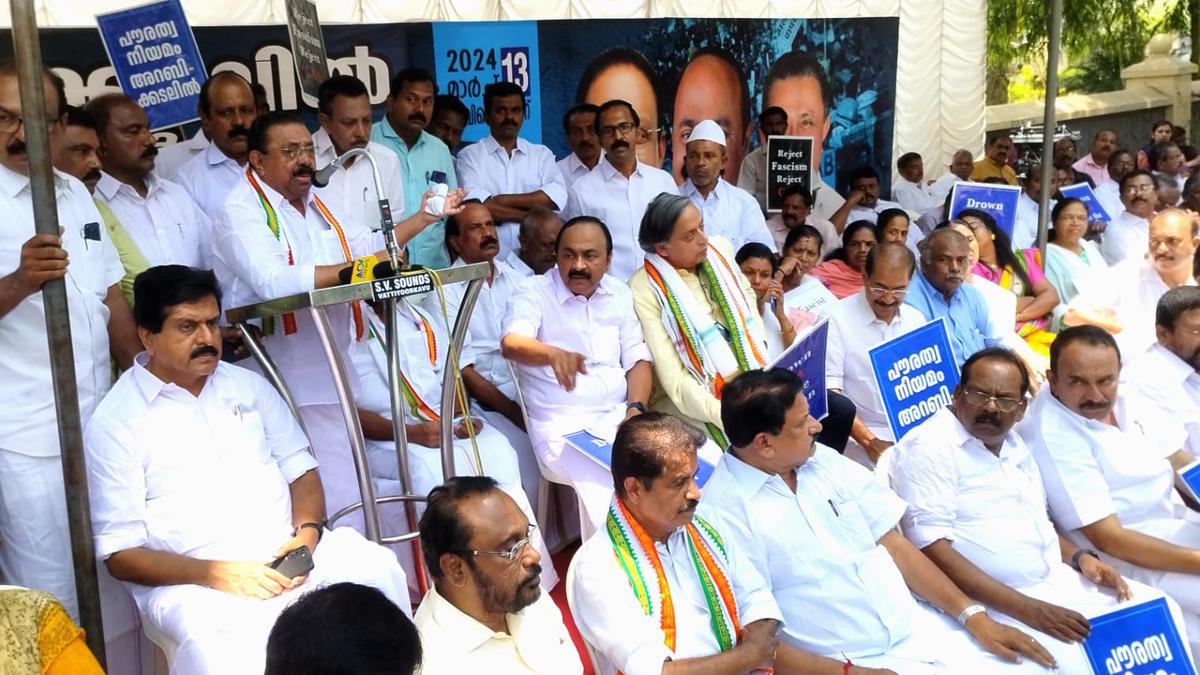


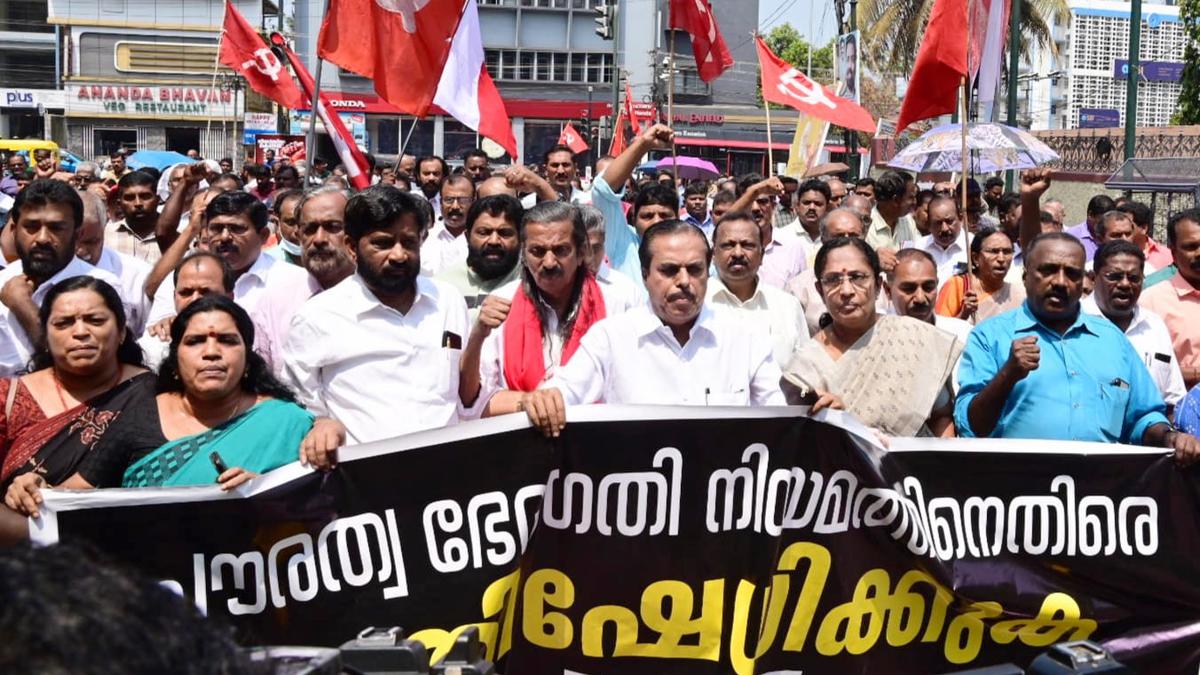
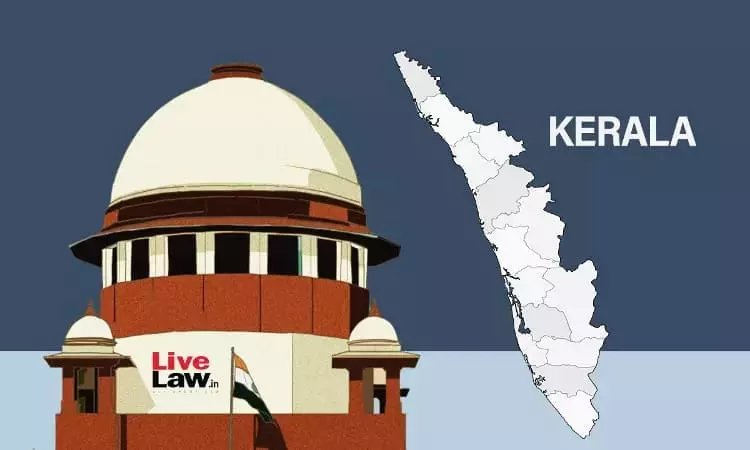

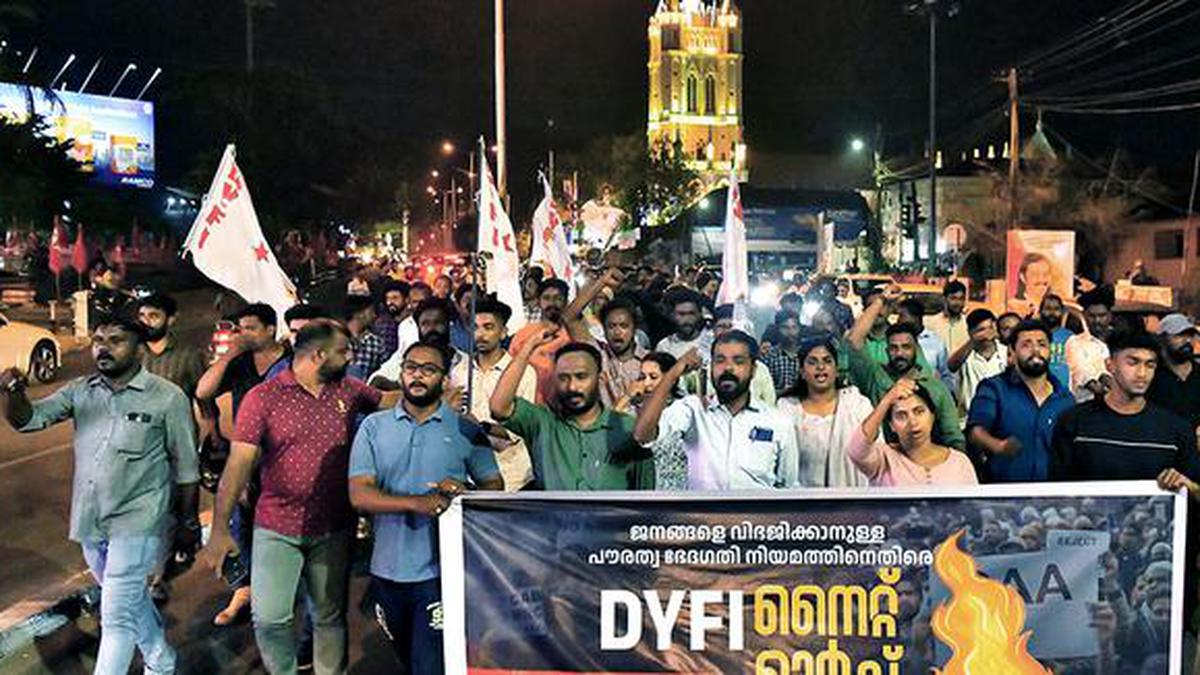





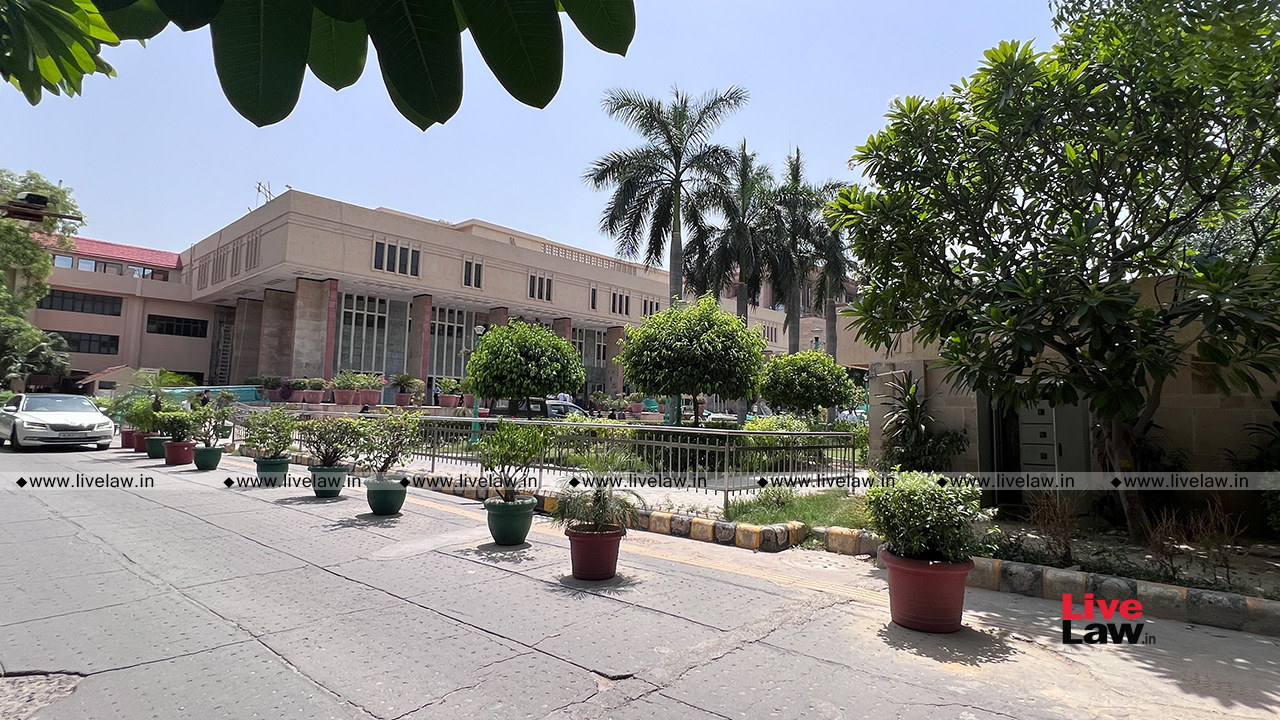
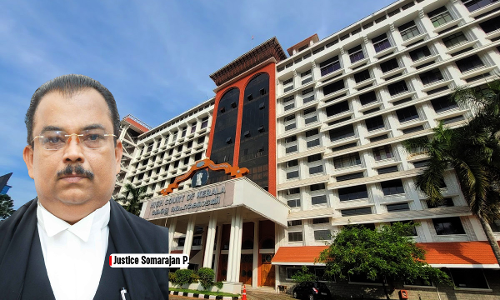

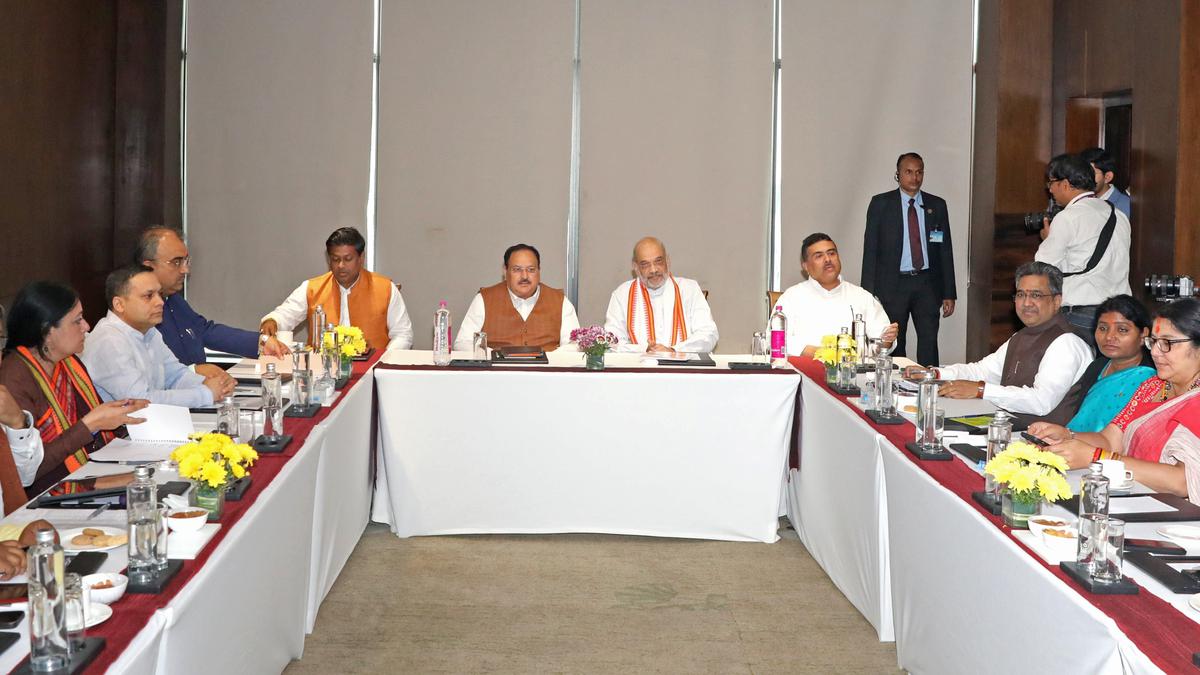
![[Kerala GST Act] 'Officials Can Invoke Power To Arrest U/S 69 If Offence Made Out U/S 132': HC Denies Bail To Man In ₹6.4 Crore Tax Evasion Case](https://www.livelaw.in/h-upload/2023/11/23/505679-gst-tax.jpg)